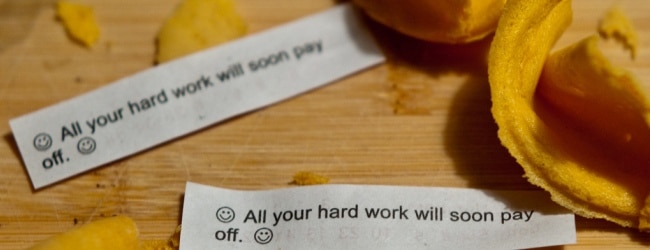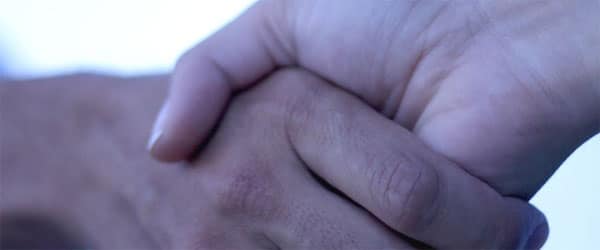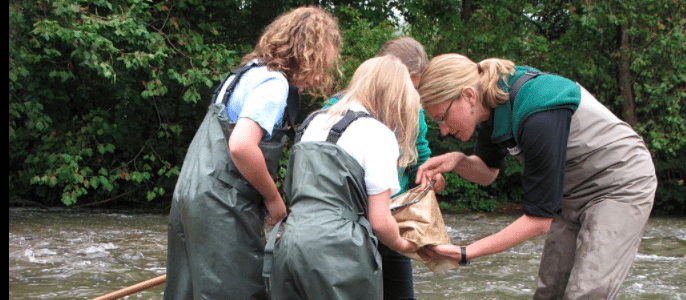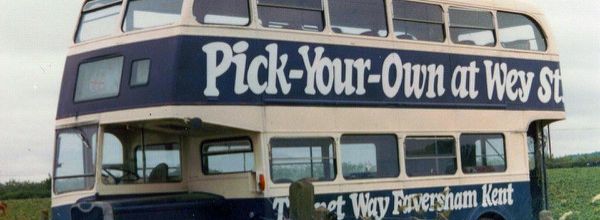So now you’ve had your job interview – how well do you think you did? Here are 5 tell-tale signs that should give you a clue.
1. The Interview Lasted Longer Than You Expected
This isn’t 100% true in all cases, and I definitely know people who got jobs they didn’t expect due to the “shortness” of the interview.
But for the majority of cases, a longer-than-scheduled interview is usually an indication that interviewers are happy with you, and are willing to invest their time to find out more.
If you found yourself in a dialogue with the interviewers, rather than just straight answering their questions before moving on to the next one, this is also a good sign. It shows that communication was easy between you and you’ve just demonstrated that you’ll be a straightforward person to work with – someone who fits with the agenda of the company.
2. The interviewer answers your questions carefully and accurately.
If you are someone they want to hire, then your questions are very important to the interviewer. They’ll want to make sure that you choose this job over another, should you be fortunate enough to have a choice (it does happen, you know).
3. You Are Left in No Doubt When a Decision Will Be Made.
A successful applicant is usually contacted within 1-2 days after an interview, even if you are told it will be at least two weeks before you hear anything. I say “usually” because there are exceptions – interviewees sometimes need to reschedule due to illness, for instance, which puts things back a bit as they are still entitled to be interviewed.
An interview panel can usually make its decision the minute the last interviewee is out the door. If the final decision maker/s are not available for reasons like holiday, conferences, etc., sometimes this process can take a bit longer and is the cause of much nail biting – but normally you don’t have to wait too long if you’re the successful one.
4. You Are Given a Tour of the Building, Facilities, and Team Members
If this happens, then you can be sure that there are not many candidates interviewing for the position. It would take far too long to do this for lots of people, so if you get the guided tour, I hope that you also made a good impression on the person doing the guiding! It’s not just the interviewers you need to impress – the tour guide could be someone whom you’ll be working with directly.
They won’t necessarily have the casting vote, but will probably be asked for their opinion of you as a potential colleague. Remember – it’s not just your skills and qualifications a company is interested in – they also need to know that you will “fit in”.
5. Your Referees are Contacted Before the interview
Most employers will only call for references after the interview process due to the sheer number of people who apply for the same position. A successful applicant will usually have “an offer of employment subject to satisfactory references” made to them, and if you are aware that your referees supplied their comments prior to the interview, then this can only be a very good sign indeed.
OK – so you experienced all of the above but didn’t get the job – why?
Someone has to be last, as they say in sports events, and in this case, someone has to be the second choice. If you had an experience similar to the points listed but didn’t get the job, then it won’t be long before it’s your turn. Ask the panel for feedback if you want to know why they chose a different (not necessarily better) candidate. You can learn for the next time, but chances are it was just bad luck this time. Don’t give up – you’re obviously doing something right, and your time will come.







